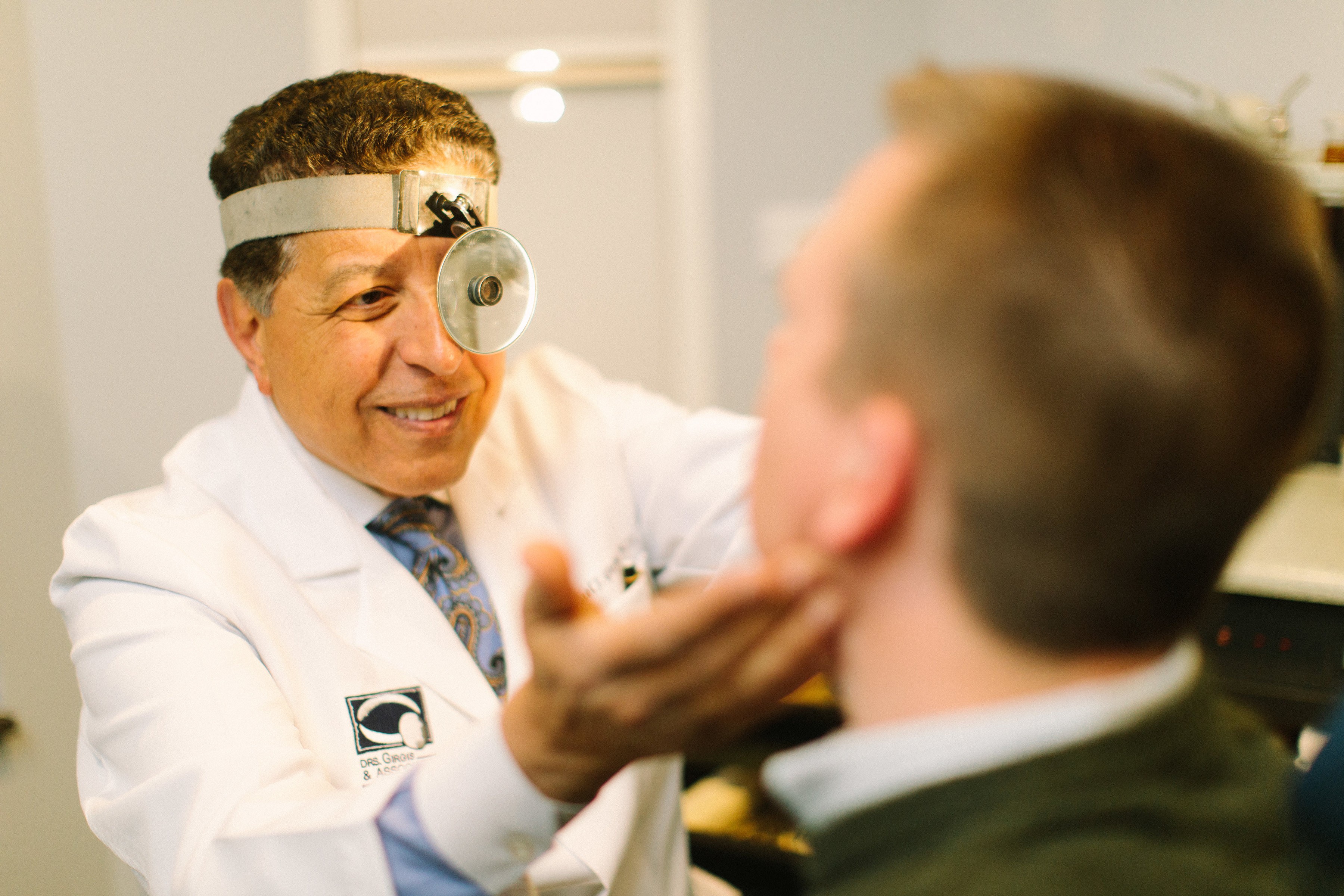Tonsils and adenoids are the body's first line of defense as part of the immune system. They "sample" bacteria and viruses that enter the body through the mouth or nose, but they sometimes become infected. At times, they become more of a liability than an asset and may even cause airway obstruction or repeated bacterial infections. When you or your child experience the common symptoms of infected or enlarged tonsils or adenoids, make an appointment to see us. When you arrive we will ask about problems of the ear, nose, and throat and examine the head and neck. Examination may include use of a small mirror or a flexible lighted instrument to see these areas. The ENT specialists at Drs. Girgis & Associats can suggest the best treatment options.

Tags:
Tags:
Tags:
Tags:
Tags:
Tags:
For at least two weeks before any surgery, the patient should refrain from taking aspirin or other medications containing aspirin. (WARNING: Children should never be given aspirin because of the risk of developing Reye’s syndrome). Your doctor may ask to you to stop taking other medications that may interfere with clotting.
When the patient arrives at the hospital or surgery center, the anesthesiologist and nursing staff may meet with the patient and family to review the patient’s history. The patient will then be taken to the operating room and given an anesthetic. Intravenous fluids are usually given during and after surgery.
After the operation, the patient will be taken to the recovery area. Recovery room staff will observe the patient closely until discharge. Every patient is unique, and recovery time may vary.
Your ENT specialist will provide you with the details of preoperative and postoperative care and answer your questions.
There are several postoperative problems that may arise. These include swallowing problems, vomiting, fever, throat pain, and ear pain. Occasionally, bleeding from the mouth or nose may occur after surgery. If the patient has any bleeding, your surgeon should be notified immediately. It is also important to drink liquids after surgery to avoid dehydration.
Any questions or concerns you have should be discussed openly with your surgeon.